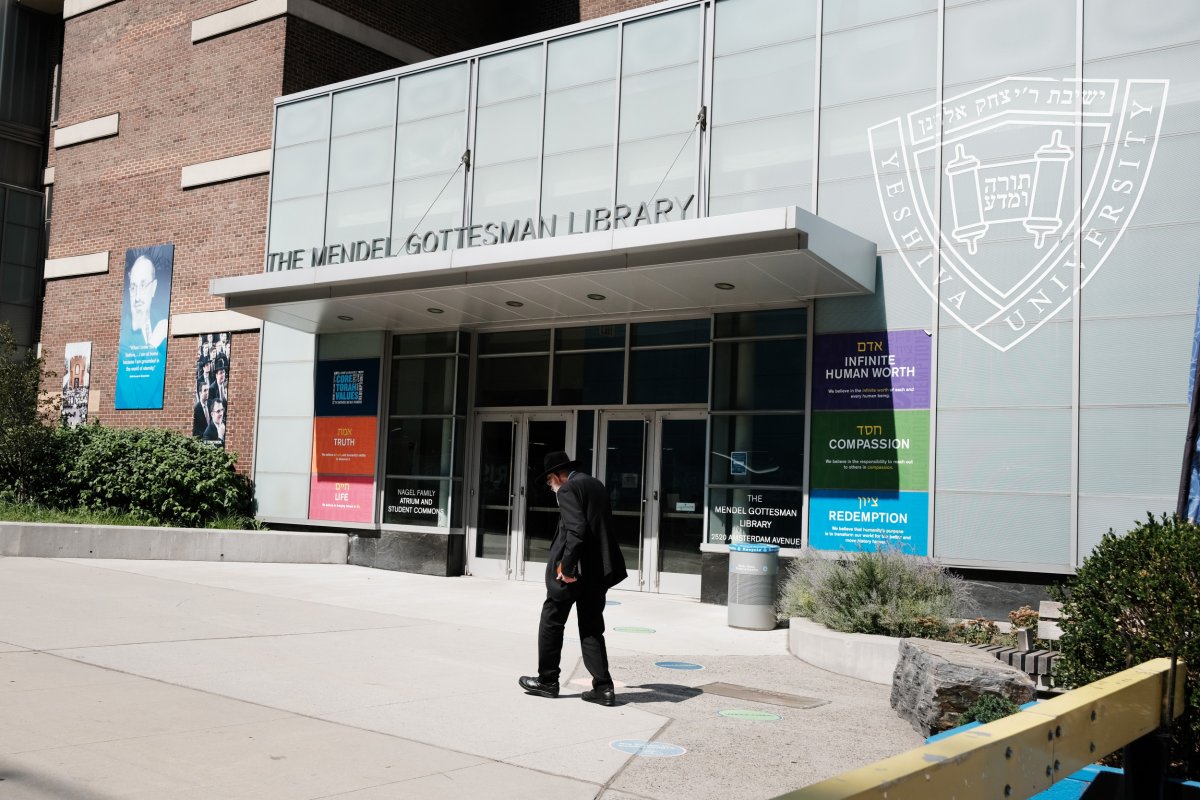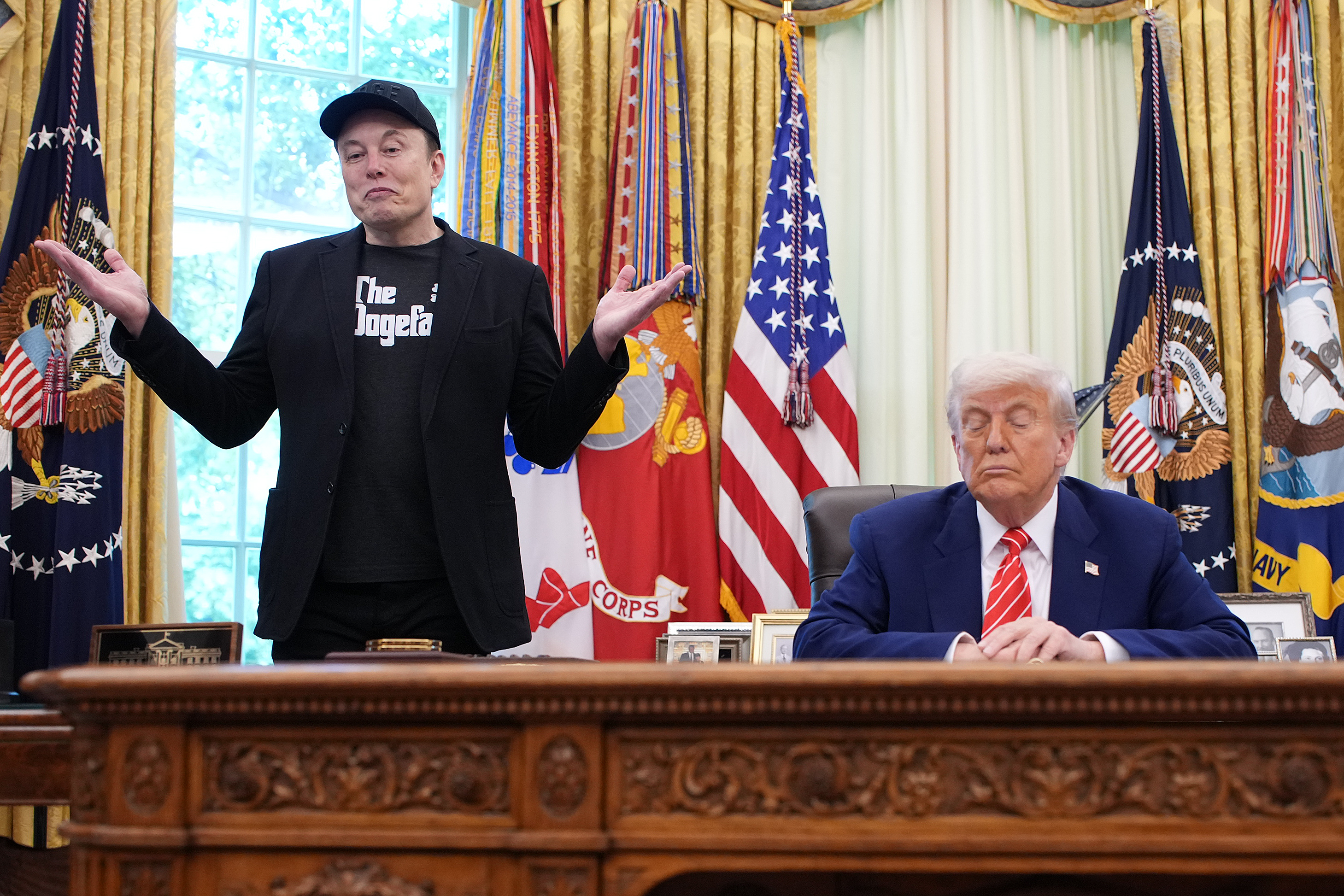🎙️ Voice is AI-generated. Inconsistencies may occur.
It may look like a loss for Yeshiva, but it was a real-life victory. Yeshiva raced to the Supreme Court to hold off a New York trial judge's order telling Yeshiva to give immediate official student-club status to YU Pride Alliance, an LGBTQ group, even while that order is being appealed.
On Friday, Sept. 9, Supreme Court Justice Sonia Sotomayor granted Yeshiva a temporary stay that was hailed by the media as a victory for Yeshiva. On the following Wednesday, an order of the full Court vacated Sotomayor's stay. Media reports called it a loss for Yeshiva. The practical effect of the Court's order, however, is that the order will be stayed as Yeshiva has asked. Unusual language in the Supreme Court's published decision unmistakably signaled that if New York's courts continue to deny Yeshiva's request to delay enforcement of the trial court's order, a majority of the Supreme Court will grant it.
Four justices—Alito, joined by his colleagues Thomas, Gorsuch, and Barrett—would have given Yeshiva the immediate stay the university requested. The full court issued its formal ruling, approved by at least five justices, with peculiarly detailed conditions that effectively tell the New York state courts in polite language that judges should understand: "You had better issue a stay because if you don't, Yeshiva is invited to come back here and we will overrule you and grant the stay."

The Supreme Court's orders on most requests to delay implementation of an order of a lower court are brief and unconditional. When the Court denies a stay, "application denied" is usually all the court says. In Yeshiva's case the court's order states a reason. It recites that the stay is denied "because it appears" that Yeshiva can still get its stay from the New York courts. The court's published ruling then proceeds with other extraordinary language. It says that if Yeshiva and its president invoke the New York process but "receive neither expedited review nor interim relief from the New York courts, they may return to this court."
This is an unusually explicit invitation to be understood by the New York courts as a directive to delay the trial court's order. Since four of the Court's justices agreed with Alito's opinion that would have granted Yeshiva's request, only one additional vote is needed to issue a Supreme Court stay if New York's courts refuse to do so.
Two of the justices who did not join the Alito opinion—Chief Justice Roberts and Justice Brett Kavanaugh—are known to sympathize with religious liberty claims. The exceedingly technical reason given by the Court for not granting Yeshiva's request—that Yeshiva did not file "a corrected motion for permission to appeal"—sounds like the minute legalistic niceties that Roberts invokes whenever he tries to avoid supporting a broadly applicable ruling. If the New York courts choose to flout the Supreme Court's hint, it is highly likely that Roberts and Kavanaugh would join the four already on record and grant a renewed motion by Yeshiva to delay the court order.
Yeshiva does not condemn or demean students who are LGBTQ. In a "Frequently Asked Questions" release its president, Rabbi Ari Berman, directs "LGBTQ sensitivity" and declares that Yeshiva "absolutely" welcomes and supports students regardless of their sexual orientation. Yeshiva's Pride Alliance members have, in fact, been meeting openly. The only issue presented in the lawsuit they brought is whether Yeshiva must treat them as an officially privileged student club.
Yeshiva's legal argument is straightforward, and Alito's opinion succinctly states the central constitutional issue: "Does the First Amendment permit a State to force a Jewish school to instruct its students in accordance with an interpretation of the Torah that the school, after careful study, has concluded is incorrect?" His answer is: "The Free Exercise Clause protects the ability of religious schools to educate in accordance with their faith."
There is more to Yeshiva's case than the constitutional protection for free exercise of religion. No private university, be it religiously oriented or secular, should be required to grant official status to ideologies or practices that offend the university's values. Supreme Court decisions have recognized a free speech right of a speaker to refuse endorsement of messages that a speaker finds offensive.
A unanimous Supreme Court, with an opinion by Justice David Souter—a liberal icon—declared in 1995 that the organizers of a St. Patrick's Day parade had a constitutional free speech right to deny the Irish-American, Gay, Lesbian, and Bisexual Group a place in its march. The Supreme Court said that the First Amendment's guarantee for free speech entitled the parade organizers "to determine what message their activities convey to the public." A speaker's right "to propound a particular point of view . . . is presumed to be beyond the government's power to control."
In 2000, the Supreme Court allowed the Boy Scouts of America to convey an "expressive message" of opposition to homosexuality by firing an openly gay scout leader. Just as the Scouts had the right "to instill in its youth members" its lesson on sexual behavior—which the Court recognized 22 years ago as already unpopular—Yeshiva must have freedom of speech to convey its ideology, be it religious or secular, to its students and to the world.
Nathan Lewin is a Washington lawyer who has argued 28 cases before the Supreme Court and taught at Harvard, Columbia, Georgetown, and University of Chicago Law Schools. He is a graduate of Yeshiva University and wrote an amicus curiae brief in the Supreme Court case.
The views expressed in this article are the author's own.



